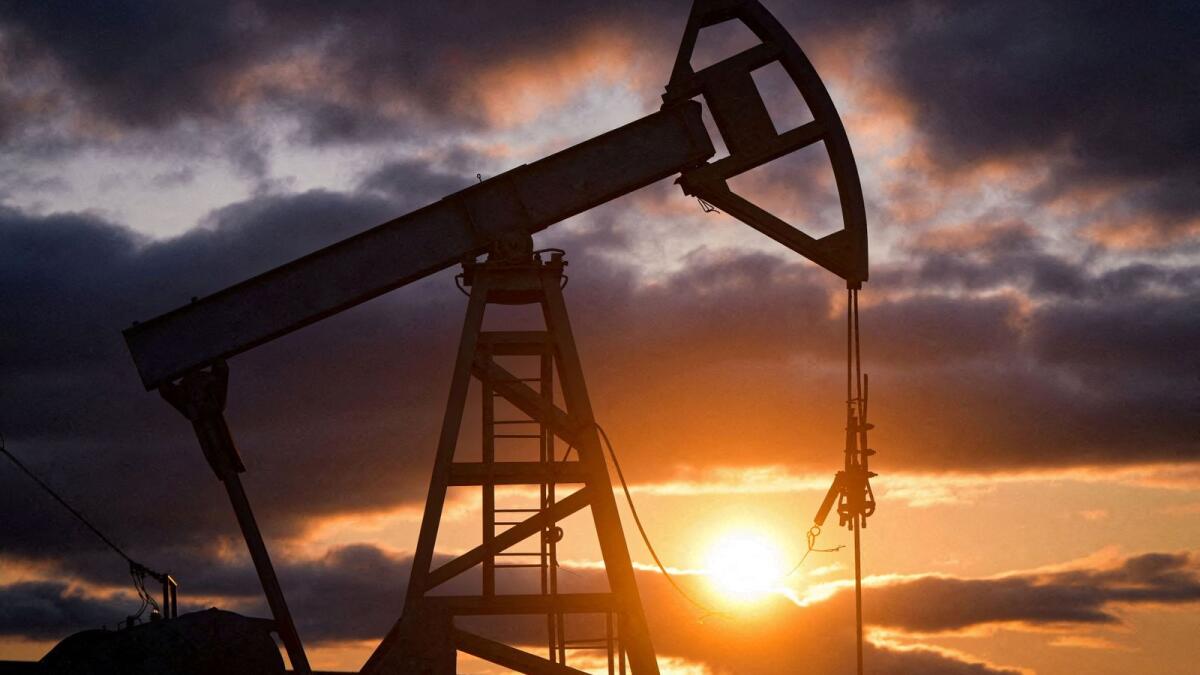OPEC recently revised its forecast for global oil demand growth in 2024 due to data received this year and also reduced its expectations for next year. This marks the group’s second consecutive downward revision, highlighting the challenges faced by OPEC+ in balancing the market. Last week, OPEC+ delayed plans to increase oil production after prices hit a low in 2024. The monthly report from OPEC stated that global oil demand is expected to rise by 2.03 million barrels per day in 2024, down from the previous estimate of 2.11 million barrels per day.
The downgrade in growth is primarily attributed to China, with OPEC adjusting its forecast for Chinese growth from 700,000 barrels per day to 650,000 barrels per day in 2024. The economic challenges in China and the transition to cleaner fuels are affecting oil consumption in the country. Despite these challenges, OPEC remains optimistic about China’s economic growth in the future. However, factors like the real estate sector and the increasing adoption of LNG trucks and electric vehicles are expected to impact diesel and gasoline demand in China.
Following the release of the report, oil prices declined further, with Brent crude trading below $71 per barrel, close to the lowest price since March 2023. There is a significant variation among forecasters regarding the strength of oil demand growth in 2024, stemming from differences in opinions on China’s impact and the global shift towards cleaner fuels. Despite the reduction in forecast, OPEC’s estimates remain at the higher end of industry expectations. Additionally, OPEC also revised its global demand growth estimate for 2025 to 1.74 million barrels per day from the previous 1.78 million barrels per day.
The revision in oil demand growth forecasts by OPEC emphasizes the ongoing challenges faced by the producer group in balancing the market and responding to economic changes and transitions towards cleaner fuels. The delay in increasing oil production by OPEC+ signals a cautious approach towards stabilizing oil prices and market demand. The downward adjustment in global oil demand growth also reflects the impact of economic challenges in China and the adoption of cleaner energy sources, which are reshaping the oil consumption landscape.
As oil prices continue to fluctuate and industry forecasts vary, the impact of global economic trends and transitions to cleaner fuels on oil demand remains a critical factor for OPEC and market stability. While OPEC anticipates continued economic growth in China, concerns about diesel and gasoline demand persist due to factors like energy transition and changes in consumer preferences. Despite the challenges ahead, OPEC’s forecasts for oil demand growth in 2024 and 2025 are positioned at the higher end of estimates, reflecting confidence in the resilience of the oil market amidst evolving global dynamics.











